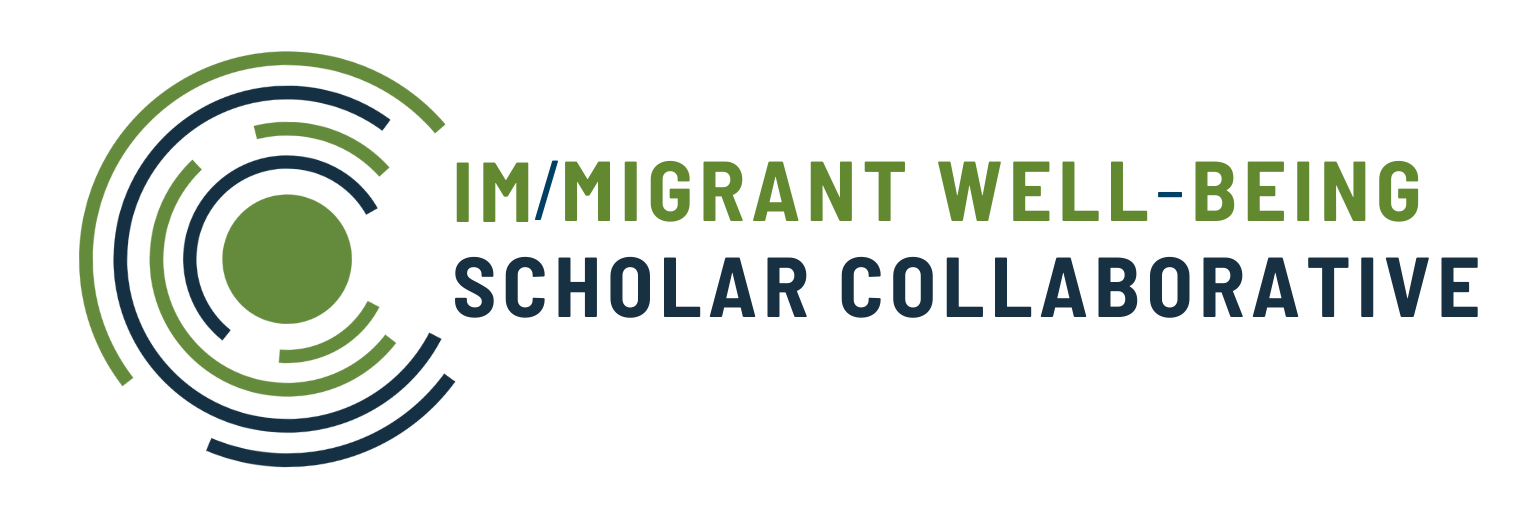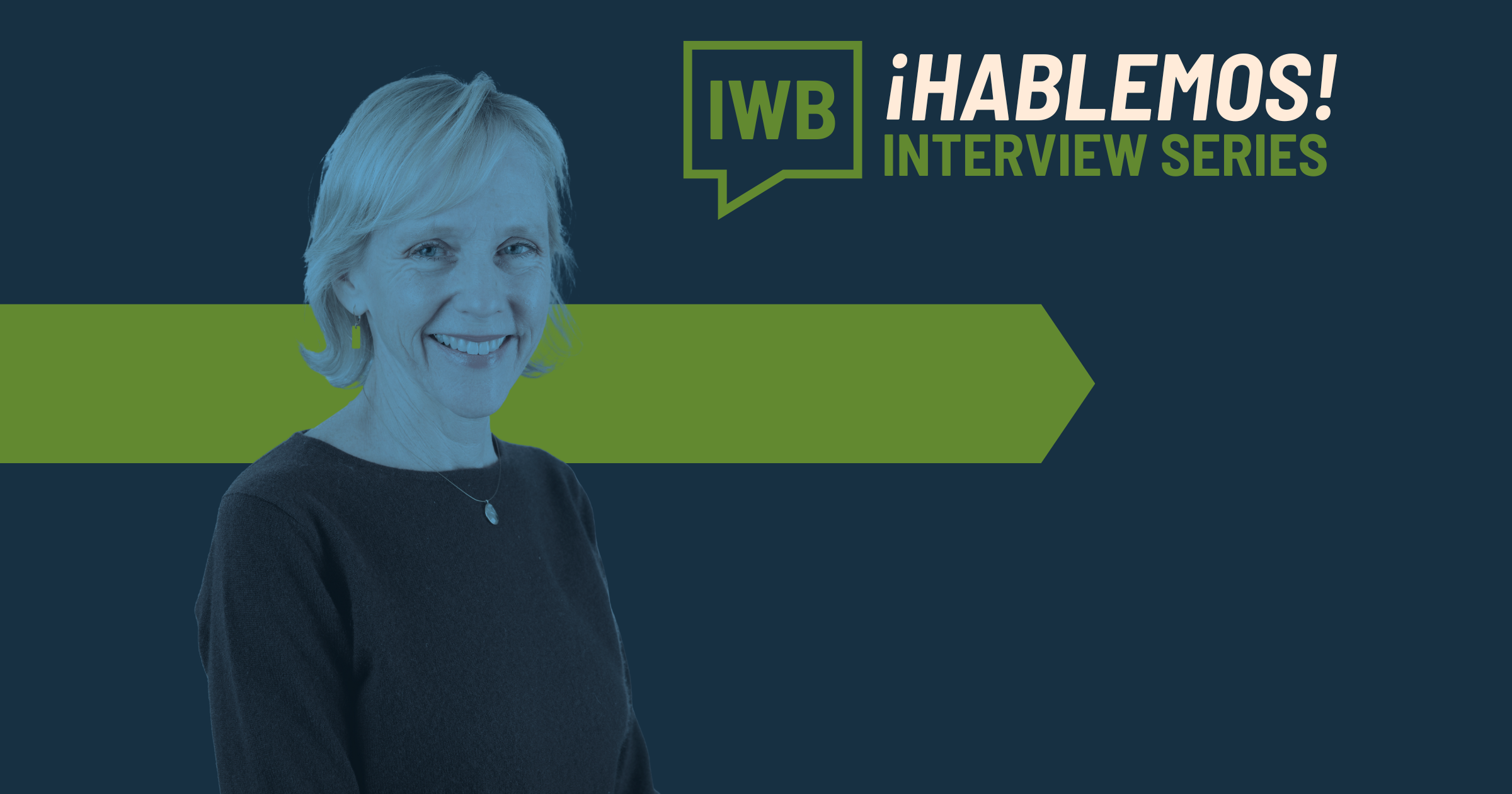Dr. Kathleen Roche began her career as a social worker, working with economically disadvantaged families. Seeing the challenges of mental health firsthand and how they were connected to everyday struggles of racial discrimination, poverty, and substance abuse inspired her to pursue a career as a researcher on these topics.
“I had a lot of empathy for these families—both the kids and their parents. Those experiences inspired me to learn how we can better support parents facing a range of adversities,” Dr. Roche says.
Dr. Roche, now a professor of Prevention and Community Health at the George Washington University Milken Institute School of Public Health, has focused on longitudinal studies of Latin American-origin families within immigrant communities. Her work considers the broader impacts of immigration-related factors, and the research-to-policy aspect of her studies keeps her grounded in making a tangible difference in the well-being of immigrant families.
“It is impossible to get bored in the work that I do! Talking with colleagues and reading the work of other scholars is critical for my own progress and sustained interest in this work. It is also motivating to continue gaining new skills and knowledge because my own research continues to get stronger and more impactful.”
Though she finds both emotional and academic fulfillment in her work, it still comes with challenges. She can often feel powerless in the face of increasingly anti-immigrant and anti-Latine political forces, which directly affect the young people she works with. Still, Dr. Roche highlights the humanity of her participants that the media and politicians often overlook.
“I find so much joy in talking to the young people, almost all of whom demonstrate a high level of kindness and respect when we call. I have really enjoyed my conversations as they share small moments of their lives, whether it is about their morning outing going fishing, studying for final exams, or their busy lives balancing work and school. I have such hope for these young people to go on and make meaningful contributions to society,” she says.
In her current research project, Caminos al Bienestar, Dr. Roche investigates the impacts of immigrant-related adversities on Latine youth and the possible mitigating factors of family and community health. While the research is still in progress, it has already yielded results used in white papers, research briefs by mental health and immigrant rights groups around the U.S. It is also used by public defenders working to mitigate the sentences of youth convicted of serious crimes, and in federal lawsuits by states and cities.
For those seeking to work in academic research, Dr. Roche recommends unplugging from the internet for a while to do research the old-fashioned way: talking to people. Of course, she wouldn’t be a mental health researcher without telling you to prioritize your own health before you can help others
“Put down your phone, turn off notifications, and search the peer-reviewed literature for articles in this area of research—reach out to a faculty member or university librarian to help you with that search,” Dr. Roche advises. “After you’ve identified articles of interest, try printing out a handful of these to read on paper at a coffee shop or on the Metro or wherever you are not distracted by constant online communication. You’ll be amazed by how much more information you can absorb this way.”
Marko Sanchez serves as the Communications Intern at the Im/migrant Well-Being Scholar Collaborative. They assist in creating public-facing communications and content such as social media posts, website blogs, and press releases.
Thank you for reading IWB ¡Hablemos!, a brand-new interview series that explores the multifaceted nature of immigration studies, advocacy, partnership, and more. Interested in being featured? Email us at admin@iwbcollab.org.

